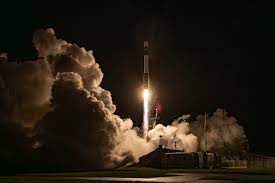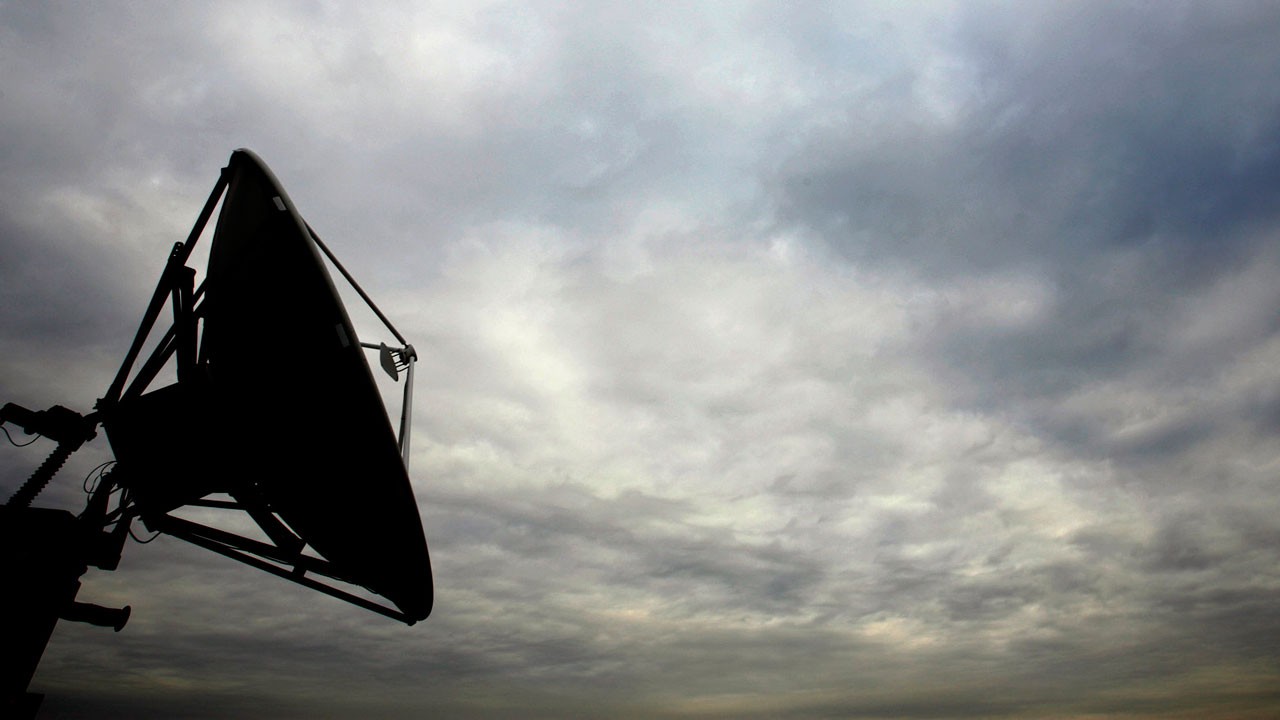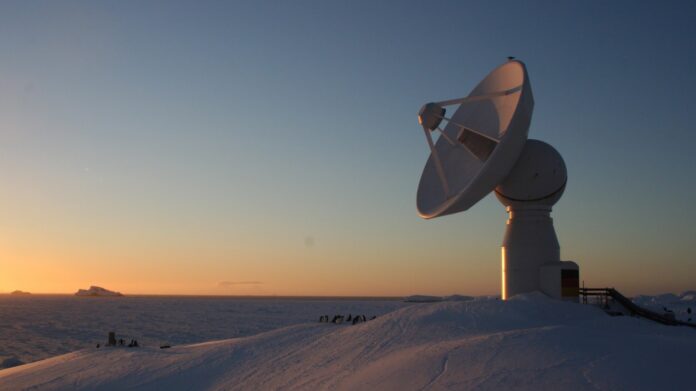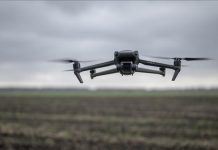
/
RSS Feed
One by one, the satellites—each covered in solar panels and high-tech equipment—detached from their mothership after blasting off from Earth on August 16. Among the 116 satellites launched that day, one stood out: it was the first spacecraft ever developed by Senegal.
This small CubeSat, GaindeSAT-1A, will provide Earth observation and telecommunications services, marking a historic achievement for Senegal. The country’s president hailed it as a significant step towards “technological sovereignty.”

The cost of satellite launches has dropped significantly in recent years, opening the door for smaller nations to enter the space race. “These reductions in cost have opened the market,” says Kwaku Sumah, founder and managing director of Spacehubs Africa, a space consultancy. To date, 17 African countries have launched more than 60 satellites into orbit, with Senegal, Djibouti, and Zimbabwe all sending up their first satellites in the past year. Many more African satellites are expected to follow.
However, Africa still lacks its own space launch facilities, and powerful nations like the U.S., China, and European countries are increasingly involved in African space programs, raising questions about geopolitical influence. Despite this, Sumah sees potential for African nations to chart their own course in space, saying, “It’s important for African countries to have their own satellites” for better control over technology and easier access to data, which could be vital for monitoring crops, extreme weather, and improving telecommunications.
While space exploration is often viewed as an elite endeavor in Africa, local experts argue it can be used to address pressing challenges like climate change. Jessie Ndaba, co-founder of South Africa’s Astrofica Technologies, believes space technology can help monitor resources and food security. “We’ve got to look at the challenges in Africa and find ways of solving them,” she says, emphasizing the need for practical solutions rather than an African race to the Moon or Mars.
Sarah Kimani, of Kenya’s Meteorological Department, agrees, stating that satellites have been invaluable for tracking dangerous weather conditions. She recalls using European satellite data to monitor a major dust storm in March and believes more African-owned satellites would be a huge benefit for monitoring threats like wildfires, droughts, and storms. “Only Africa understands her own needs,” she says.
















